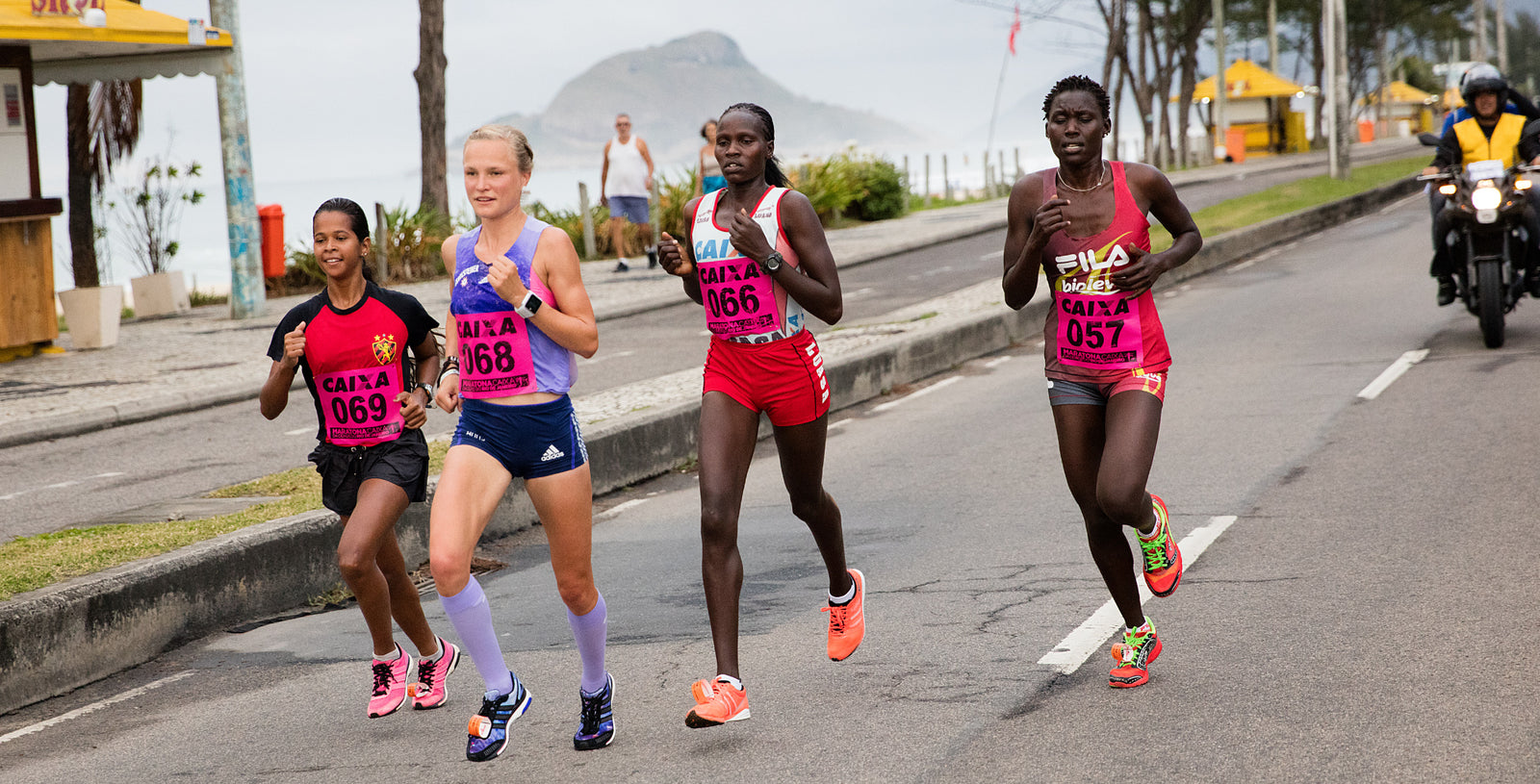If you don't take fatigue into account while training, you can gradually enter the phase of chronic overload!
What is it and how to avoid it?
Sports doctors Sandra Rozenštokas and Aldis Cīrulis, chief doctor of the Latvian Olympic team Līga Cīrule and nutritionist Signe Rinkule talk about rest and body regeneration as an important part of the training process in Latvijas Avīze.
In Latvia, running and cycling marathons and half-marathons are becoming more and more popular, in which both those who exercise regularly and those who start preparing for the start a few weeks before the competition take part. "Starting at such distances is associated with health risks, which increase when the air temperature exceeds 21 degrees and the air humidity is above 50 percent," says sports doctor Sandra Rozenštok. The most common health threats are acute or chronic diseases, such as upper respiratory tract infections, incompletely healed injuries, overwork, dehydration and overeating.
Līga Cīrule, the chief physician of the Latvian Olympic team, says that every somewhat serious physical exertion causes fatigue at first, but gradually makes the body more resistant, as long as we have rested properly and regained our strength. "If you don't take fatigue into account when training, you may gradually enter a phase of chronic overload, in which various disorders of nerves, hormones, cardiovascular and other body systems occur. It may take a long time - from several weeks - to overcome such a condition and be able to start playing sports again up to a year," she says. On the other hand, acute overload usually occurs to a physically insufficiently prepared person during a competition. Several other factors can also contribute to this, for example, foci of infection in the body (caries, boils, local inflammations), acute or chronic diseases, inappropriate diet.
How to recognize overload during running, cycling or other competitions? "Weakness, dizziness, nausea or vomiting appear, heart malfunctions - it starts beating too fast or irregularly, pain in the chest, movement coordination disorders - the participant starts striding or even runs in the opposite direction, then - fainting," says the sports doctor. adding that acute overload can have very serious consequences. "In the most severe cases, acute heart failure occurs, which can end in sudden death. Coronary blood flow insufficiency can also occur. If the amount of blood and oxygen supplied to the heart muscle decreases, a myocardial infarction can develop." The effect of acute overload on the muscles is very unpleasant, in which substances are formed that contribute to the rapid breakdown of muscle tissue. The breakdown products enter the bloodstream and clog the kidney tubules, causing acute kidney failure, as evidenced by vomiting, weakness, confusion, dark red urine.
Sports doctor Aldis Cīrulis calls for paying more attention to rest and body regeneration, which is an important part of the training process. After training, while the body's metabolic processes are still very active, it is necessary to restore the level of water, carbohydrates, amino acids, as well as normal thermoregulation as soon as possible. In summer, when the weather is hot, you need additional ventilation, you can put an ice pack on your neck, soak your hands in a bowl of cold water. After a heavy load, for example, a competition, it is necessary to take a semi-recumbent or lying position as soon as possible, so that the kidneys start working in a normal mode faster.
Sports doctor Līga Cirule believes that before starting physical activities, for example, to prepare for a marathon, one should first perform health tests, the best thing is to determine the level of functional fitness and plan the frequency and intensity of training depending on the results. If, for example, the preparation for the competition lasts 10 weeks, the highest training load should be in the fifth week, and the lowest in the week before the start.
"When preparing to participate in a marathon, you should not only run or ride a bike, but choose comprehensively developing loads," advises the doctor.
Nutrition specialist Signe Rinkule emphasizes that sometimes the wrong choice of food products before the competition prevents you from reaching the finish line of a marathon or half marathon. "You never know how the body will react to new, never-before-seen food products and dishes, so you should not try them on the day of the competition. 12-24 hours before the competition, you should be very careful in choosing food: nothing fatty is suitable, because fat hinders energy production. The diet should be simple , easily digestible products, and the ratio of carbohydrates to proteins should be 4:1. The closer to the start, the less vegetables, whole grains and other fiber-containing products you eat," advises the specialist. It should be noted that you should not eat a full stomach immediately after running a marathon, but wait until the body recovers from the exercise. You must not forget to drink water - both before and after the competition, as well as during it.
Resting and restoring the body is an important part of the training process.
Regīna Olševska Latvian Newspaper

